“At every crossroads on the path that leads to the future, tradition has placed 10,000 men to guard the past.” Maurice Maeterlinck
“Insanity is repeating the same mistakes and expecting different results.” Narcotics Anonymous (also attributed to Albert Einstein)
“Follow the Money” Henry Peterson to Senate Judiciary Committee (also attributed to Deep Throat in All The President’s Men)
So what the h@#$ should you eat and who should you listen to? The anointed or your traditions? The highly anticipated “Food in the Anthropocene: the EAT-Lancet Commission on healthy diets from sustainable food systems” was released last week to the global press and 35 events all over the world. If you too are not part of the enlightened, the term “Anthropocene” means “a geological epoch that is characterized by humanity as the dominating driver of change on Earth”.
What is EAT? Read about it here. “EAT is a global, non-profit startup dedicated to transforming our global food system through sound science, impatient disruption and novel partnerships.” The Lancet is one of the world’s most respected medical journals. Together EAT-Lancet is a strong partnership with large funding and global reach. In a bit of irony yesterday’s Lancet report “calls for a global treaty to limit the political influence of Big Food.” Read on and see why.
The authors gave themselves the title of The Commission with a capital “T” and “C”. A highly pretentious title and an important sounding paper funded by a billionaire model and the Wellcome Trust (here is a bit of what they do), processed food and chemical companies, drug companies, fake meat companies, elite academics on the take who promote vegetarian lifestyles, all conspiring to force The Great Food Transformation (again with Capitals) on global populations. And of course we are supposed to listen to The Commission for our own good and for the survival of the planet. With no disrespect for individuals trying to do good work, for a history of this phenomena read this Medium article and take a dose of humility and healthy skepticism. Sadly we have forgotten bipartisanship when it comes to politics but we must be inclusive of other viewpoints when it comes to global health. EAT-Lancet presents itself as a consensus document but whose consensus is this?
Revisionist History
Remember the last time we decided not to trust our grandmothers and cultural upbringing and follow academic advice on how to eat? It became what I think anyone in healthcare and economics could argue as the most catastrophic mistake in the history of public health. That was the 1977 USDA Dietary Goals for America which led to the food pyramid and USDA Dietary Guidelines, which encouraged reducing fat and increasing carbohydrate. The food pyramid was rooted in Ancel Keys scientific abandon. We are set to repeat. If you want to have a voice in the 2020 Dietary Guideline for America process, please click here and sign our letter
The field of nutrition is under fire and it should be. As a system we do not train medical students in this stuff. An example of the irony is that Dr Frank Hu addressed the topic at the Ancel Keys Memorial Lecture. Keys did some important work in his career, notably demonstrating in the Minnesota Starvation Experiment (watch the linked movie) done on conscientious objectors at the end of WW2 that a 1500 calorie diet is a semi- starvation diet and can destroy the mind and body if people were subjected to this for weeks and months. We somehow forgot this work and the diet industry still somehow recommends reducing calories to this draconian level to lose weight. But it was Keyes who spear headed the Diet Heart Hypothesis which led the world to believe that eating fat and cholesterol led to high blood fat and cholesterol and clogged your arteries. Keys also practiced what can be termed “academic bullying” where he would expunge any opinion that conflicted with his own. The flawed Diet Heart Hypothesis opened the door for the food industry to industrialize the human diet with sugar, highly processed vegetable oils, and mass amount of refined carbohydrates. The results are clear as you walk down any street in America. Nina Tiecholz’s award winning and best selling book Big Fat Surprise brilliantly dissects the story with 10 years of investigative work.
After you read through the blog and links maybe you will agree that for now the best advice is for government and academic elite to stay out of the way of trying to tell the world how to eat until we fully understand the science. We must remember that the majority of the world population is overweight and has prediabetes so any large-scale advice must address those most at need and most at risk. With a globe full of nutrient deficient junk food, over nutrition and malnutrition are occurring in the same bodies and this is sad.
The EAT Lancet Plate
The plate put out below by The Commission gives you a nice visual of what the plate looks like by volume of food. It looks pretty healthy and appealing and kind of Mediterranean.
But when you look a little closer at where the calories are coming from this is how the pie is sliced (below). Lots of rice, wheat, and corn as well as vegetable oils. From their picture above you would think this diet is load with healthy veggies and fresh fruits but look below. 3% of calories per day are from the green and colored veggies and a small amount from fresh fruit. From animal sources it includes less than half an ounce of red meat per day, less than one ounce of white meat per day, one ounce of fish a day, 1/4 of an egg, and 9 ounces of milk (or a “dairy equivalent,” which would mean about 2oz of cheese) per day. There is enough sugar (8 tsps) for a daily pop tart.
The Dietary Details
If you do not want to read the whole 47 page article, this is what they are actually recommending for an obese planet. I would find it very difficult to choke down this load of starch, sugar, and vegetable oil. There are actually more calories from added sugars in this plan than there are from all egg and meat sources combined. This 2500 calorie daily regimen recommended for all contains a whopping 390 g of carbohydrates and as you can see many of them from starches and grains. Vegetable oils also dominate and can contribute to inflammation and insulin resistance. This recent paper by DiNicolantonio and O’Keefe explains it well. Or watch this video on how its made-yuk
Here is an individual challenge for anyone out there battling obesity, pre-diabetes, and diabetes. Try EAT-Lancet plate for a month and let me know how it is going. Since over half of the globe has one of these problems now, the authors of this paper certainly should have included you in their thought process. Below is the chart with calories from food sources taken from the paper.
Give People Choice When It Comes To Food
I support an individualized and inclusive plan on food based on a person’s beliefs, taste, culture, finances, medical and psychological issues, and health goals. I will help people create healthy vegetarian plans if they desire. Pretty much any way of eating is better than SAD (Standard American Diet). EAT-Lancet is an upgrade to the SAD. If you had to create a way of eating to drive a global health disaster the SAD would be it.
But before we globally accept the EAT-Lancet plan as best for health and the globe I encourage all to read the paper, the scientific rebuttals, as well as Walter Willett’s personal beliefs and conflicts of interest . What one “believes” cannot be construed as “science”. Science is constantly evolving and should be immune from bias and belief. As Nobel winner Richard Feynman quotes: “The first principle is that you must not fool yourself and you are the easiest person to fool.”
A Couple Media Articles For The Overview
From The Week in the UK lead Commissioner Walter Willet mentions the diet looks like “traditional diets”. Has he read Weston Price (full text here) or the recent 17 country 130,000 PURE study.? Nutrient dense animal products are abundant in the healthy populations.
Here is a summary article in the Washington Post containing this sentence: While eggs are no longer thought to increase risk of heart disease, Willett said the report recommends limiting them because studies indicate a breakfast of whole grains, nuts and fruit would be healthier.
Ok, here’s another challenge for anyone out there with diabetes. Try maintaining nice stable blood sugar with a good breakfast of eggs vs Willett’s “healthier” version with toast and sweet fruit.
Who is Behind EAT- Lancet Commission
One could not make this stuff up. Here is the billionaire behind the planet saving mission. Meet The globetrotting Gunhild Stordalen. A little more on her hotel mogul hubby here diving into a mega burger in Vegas.
Let’s not forget that transportation creates more emissions than all forms of agriculture and I do not think Gunhild’s private jet is solar.
Here are the Big Food and Pharma funders of the EAT-Lancet Commission. Givaudan is inventing a wonderful meat substitute burger. Funders also include Pepsico, Kellogg’s, Nestle, Unilever (largest maker of vegetable oils), BASF and Cargill (world’s largest chemical companies), and other companies involved with chemically intensive industrial food production. Syngenta and Bayer add dollars from the Pharma side. Do they want to create well people? Probably not so. Smart move for Novo-Nordisk, Insulin is 85% of their revenue. FReSH was launched in 2017 by the EAT Foundation and has grown to 40 partners. Follow the money and the money is with sickness and Big Food/Pharma/Chemicals.
Meat is causing the health crisis? I’m still trying to figure out how the 37 authors concluded this.
A couple recent articles here [New study says eating meat and cheese is good for you] and here [Hong Kong world’s highest meat consumption and longest life expectancy] to question as well as others linked below.
Since 1970 our consumption of animal food has decreased significantly while consumption of plants has increased. In science we know that association does not equal causation but lack of association must exonerate causation.
Maybe it’s too many carbs and refined vegetable oils. The perfect equation for weight gain is poor quality oils and simple carbs. The image below from Dr. Ted Naimen shows the perfect fattening equation of sugar plus refined oils. Diets to reverse obesity must move toward the fat loss spectrum
The future is now 🙁
So if you have not yet please read through the paper in detail and formulate your own opinion.
A Couple Fun Reads From Across the Pond With Some Irish And UK Humor
Fun report from Irish Sun
This study also demands cracking down your egg intake to 1/5 a day. It does not tell you what to do with the rest of the egg…..
and the British Sun
“Most people will look at these demands and laugh… They say they want to save the planet but it is not clear which planet they are on.”
Christopher Snowdon, head of lifestyle economics at the Institute of Economic Affairs
Is Meat Bad For the Planet, Or Maybe It’s The Energy We Use
A great read from Carni Sustanibili
From Science Alert
Allan Savory is a global leader in this space listen to his TED Talk and deep read about land management and the future of our children.
And look how the fruit needs to travel to feed the world. See the World Fruit Map
And to put CO2 emissions in perspective this chart tells the story, but I like kids!
In The Spirit of Critical Thinking – Amazingly Well Referenced Rebuttals Coming In
This brilliant article by Marty Kendall connects the dots of food, environment, disease, health, conflicts of interest, and misleading information. Marty is a software engineer (as you can tell from the detail) and applies the engineers mind to avoid biases and beliefs. 1000’s of people have use his nutrition optimizer to assess what they eat. This is a must read.
An amazing read from my friend psychiatrist Dr. Georgia Ede
Belinda Fettke from Down Under takes this article down. Her husband Gary, an orthopedic surgeon, was brought under investigation from the dietitian community in Tasmania for dispensing dietary advice. He was tired of amputating the limbs of type two diabetes patients.. Like Dr. Tim Noakes he was exonerated but wasted 3 years of his life.
From Joy Kiddie Msc RD. Thank you Joy!
Another amazing dissection from the UKs Dr. Zoe Harcombe showing this way of eating is actually nutrient deficient. Could it even support human life?
Registered Dietitian and sustainable agriculture advocate Diana Rogers spells out what is wrong with this paper and why meat is wrongly vilified.
A robust takedown by Dr Joe Mercola.
Dr Angela Stanton blogs under “Clueless Doctors” and read her piece. She took Harvard’s nutrition course.
Tom Naughton of Fat Head Movie fame takes on the study with fearless flare.
………………………………………………………………………………………………………………………………………………………………………
An Investigative Share by Nina Teicholz:
A report called EAT-Lancet was released–funded by vegan billionaires who’ve joined forces with animal-rights activists and has a huge PR roll-out campaign (launches in 40 cities plus events at the World Economic Forum, etc).
Its key message is that we need to reduce red meat for better health and the health of the planet.
The report is expected to recommend people consume red meat no more than once a week and that people in the United States eat 90 percent less beef and pork and half the number of eggs, while tripling consumption of beans and quadrupling nuts and seeds. It is also expected to recommend a meat tax
Since many of you are likely to get questions from your patients and/or audiences, we have a few resources for you:
First, on the question of diet and health, this report does not contain a balance of scientific viewpoints. The lead author on diet, Walter Willett, has long had potential conflicts of interest, which cast doubt on his ability to bring an unbiased viewpoint to the question of whether a vegan/vegetarian diet is preferable for good health. See link which is documentation on Willett’s potential conflicts of interest.
Second, the basic science upon which Dr. Willett bases his beliefs is almost entirely from nutritional epidemiology, which is a fundamentally weak kind of evidence that, when tested by rigorous clinical trials, has been demonstrated to be wrong in 80-100% of cases. Nutritional epidemiology is a kind of science that is used to generate hypotheses but cannot prove them. Thus, this type of evidence should not be used as the basis for population-wide recommendations. The rigorous clinical trial evidence does not support the hypothesis that red meat causes disease—a primer on this is linked.
Third, an excellent article by Professor Frederic LeRoy about the agri-soy $ and vegan billionaire interests behind this whole effort (blame the cows so that I can keep my private planes and SUVs?)
There are many other excellent resources on red meat and health, such as this great compendium of research on red meat by Chris Kresser and other experts quoted below.
A resource on the environmental questions has been set up by the Animal Agriculture Alliance (Just FYI, no relation to The Nutrition Coalition).
The reason for this outreach is that we know the EAT-Lancet report has billions behind it and will continue to resound in the media, so we wanted to give you some resources.
Expert comments on the paper:
Russell Cross, Professor, Department of Animal Science, Texas A&M UniversityFormer Department Head, Executive Vice President of Texas A&M and Administrator of FSIS, USDA under Presidents Bush and Clinton
“There is no rigorous (i.e., clinical trial) evidence showing that red meat has any ill effects on health. Meat is a rich source of needed nutrients, including B12, iron and folate some of which are borderline deficient in the U.S., and an extremely calorie-efficient way to obtain complete proteins. Other proteins, such as nuts and seeds, contain more far calories per ounce of protein. Thus, to discourage consumption of red meat is potentially harmful to health.”
Zoe Harcombe, PhD, nutritionist in Wales, UK
“As surgeon captain Thomas (Peter) Cleave (1906–1983) famously said ‘For a modern disease to be related to an old fashioned food is one of the most ludicrous things I have ever heard in my life.’”
“I have been through the entire Nutrition Evidence Library, which was used by the Dietary Guidelines Advisory Committee to set the most recent Dietary Guidelines for Americans. The relationship between red meat and 7 conditions (Cardiovascular disease; Blood pressure; Type 2 diabetes; Weight; and 3 types of cancer) was examined. There was not even an association, let alone causation, found between red meat and any condition. This is not well known.” (http://www.zoeharcombe.com/2018/09/red-meat-the-evidence/)
“The April 2018 IARC report declared that red meat is ‘probably carcinogenic …mainly for colorectal cancer.’ 14 studies were provided as ‘evidence’ for this claim. 13/14 found no association (let alone causation) between colorectal cancer & whatever definition of red meat was used. 1/14 was a Seventh Day Adventist study of non-smoking/non-drinking/should be vegetarians. This claimed an association between meat & FISH and colon cancer (not colorectal cancer). Even the IARC cautioned against the value of this study.
Nina Teicholz, science journalist and Executive Director, The Nutrition Coalition, and an adjunct professor at NYU’s Wagner School of Public Policy
“In my research on Walter Willett, I discovered that his first anti-meat leanings came about when he was traveling in Italy and Greece in the late 1980s and developed a passion for the food there. He interpreted the Mediterranean diet to be low in meat. However the data upon which he based his assumptions had been gathered in the late 1950s, on a mere 33 to 34 men on the island of Crete. Willett extrapolated from this to form the foundation of his “Mediterranean Diet” pyramid, presented in 1993, in which he places red meat in the tip of the pyramid, above, even, sweets–meaning, that according to Willett, it is better to eat candy than red meat.”
Bret Scher, MD, cardiologist in California
“As a cardiologist, I’ve made healthy lifestyle recommendations to thousands of patients, and it is clear that the best lifestyle is one people can actually maintain over the long term. It turns out that protein and fat are uniquely satiating—thus keeping hunger at bay—and therefore a friend to any dieter. Red meat is an excellent source of protein, low in calories and high in many needed nutrients. Also, in my practice, I have seen that a vegan lifestyle fails far more than it succeeds. That said, there is no one-size-fits-all diet, and it’s lamentable that the EAT-Lancet authors should want to impose their ideas about healthy diets on all populations worldwide.”
Georgia Ede, MD, Psychiatrist and Nutrition Consultant in Massachusetts
“There are scientifically plausible reasons to question whether removing animal foods from the diet may pose real risks to human health. The undisputable requirement for B12 supplementation aside, plant foods lack several key nutrients, and some of the nutrients they do contain come in forms that are more difficult for the human body to utilize. Plants also contain anti-nutrients which interfere with our ability to absorb essential minerals. To the best of my knowledge, there has never been a human clinical trial designed to test the health effects of simply removing animal foods from the diet, without making any other confounding diet or lifestyle changes (such as simultaneously reducing sugar, adding meditation, etc.). Unless and until such research is conducted that finds benefits of this strategy, the assertion that human beings would be healthier without animal foods remains an untested hypothesis, and therefore should not form the basis of public health recommendations.
“The vast majority of research cited in support of plant-based diets, including The China Study and nearly all of Walter Willett’s work, is rooted in the tragically flawed methodology of epidemiology. Nutritional epidemiologists do not conduct scientific experiments or measure food intake; they instead rely on incomplete, memory-based food questionnaires to generate hypotheses (guesses) about nutrition and health. When these hypotheses are later put to the test in clinical trials, more than 80% of them fail— but not before being trumpeted to the public as implicit facts in the form of media headlines and, worse still, explicit recommendations in the form of dietary guidelines.
“All of the human experimental research I’m aware of suggesting that plant-based diets bring health benefits, including studies conducted by Dr. Dean Ornish and Dr. Neal Barnard, suffers from the same tragic design flaw: researchers didn’t simply remove animal foods from the diet; they changed many other aspects of lifestyle, as well. Examples include lowering fat to 10%, adding exercise, stopping smoking, and, perhaps most importantly, eliminating processed foods, including refined carbohydrates like sugar. It is therefore impossible to say whether the benefits attributed to plant-based diets have anything to do with the absence of animal foods or not. Given everything we understand about the dangers of sugar and processed foods, it is entirely possible that plant-based diets appeared healthier simply because they were free of junk food.”
Here is Nina’s post publish full rebuttal
……………………………………………………………………………………………………………………………………………………………………….
In Closing A Few Key Questions To Consider As Food For Thought
How much environmental impact and cost would it take to get the EAT-Lancet plan and foods into low income rural America served by dollar stores?
With 2/3 of the country overweight, over half having pre-diabetes, and nearly one in five with diabetes- is this the best plan for the majority of the planet who now has a condition called insulin resistance/carbohydrate intolerance?
No one is really debating that EAT-Lancet could be tolerated for healthy people and way better than the standard junk food (SAD) people are eating all over the world, but should the world all eat like this? And how are they going to get the food? Who is paying for it?
How much environmental waste (and human suffering) do all the dialysis centers and hospitals produce treating Type 2 Diabetes if a higher carbohydrate diet contributes to more diabetes? (this is of course a topic of debate but here is a link of comparative trials https://phcuk.org/t2d/ )
From the EAT Lancet paper itself: “effective means of reversing the obesity epidemic in many countries have not been identified.” So until we know how to do this, should special interests stay out of the way and not give eminence based advice to populations suffering from this?
In the finer print of the paper The Commission also acknowledges that this way of eating may not be sufficient for children, adolescents, pregnant patients, elderly suffering sarcopenia, and those in developing countries who would need supplementation. These vulnerable groups are not a small part of the world’s population yet they so confidently call this The Great Food Transformation?
So Where Do We Go From Here? The New Nanny State?
There is a difference between restricting known toxins in vulnerable populations to authoritative recommendations on how to eat when the field is evolving so fast and at an individual level could best be described as “nuanced”. I have studied and learned the some of the nuances from working with patients for many years and publishing articles such as this survey where we heard from over 1000 people using low carbohydrate diets. I continue to learn daily. Obesity and diabetes are still undefeated. I do not have an authoritative opinion on how YOU should eat and even if I did I would not give myself a title with Capital Letters.
By the year 2020 the WHO estimates 2/3 of health care costs will be secondary to preventable metabolic illness and by 2030 almost half of the US population will be obese if we continue current trends. Currently my state West Virginia has an obesity rate of 37% and known diabetes incidence at 18% . The Annual US healthcare tab is 3.5 Trillion dollars, or $10,700 per citizen, and going up. This is unsustainable for our economy and future. Health care costs are a main driver of our spiraling national debt as well as local crisis such as last year’s state teachers strike, and obesity-related illness comprises an increasingly large share of our massive health costs.
In 1960 the average citizen spent twice on food versus health care, translate that to the average current US citizen spending three times on healthcare than food with worse metabolic outcomes. As Health Care educators we must learn and make available to patients all food and treatment options so they can share in decision making, and this must include educating on self-assessment of effects of food. Sadly with the SAD the modern family often has little to no exposure on how to shop for or prepare fresh food. For the average American Family over 60% of food comes from a package or pre-prepared, 20% of food taken out of package and heated up, and less than 20% fresh and prepared or cooked.
I make the argument though that sugar is a toxin and must be regulated in the same way as tobacco, alcohol, and other addictive substance known to cause harm. Free will is an illusion. We are all influenced by so many marketing messages, especially the children and vulnerable populations. We need to not just encourage people to eat better but enable them to do it. This is literally impossible now with confused messages and misinformation out there and a toxic food environment they are exposed to every day from the companies that are sponsoring EAT-Lancet.
I believe government does need to be involved if toxins are identified and Fiona Godlee of the BMJ explains why in her article Prevention is the role of governments, not health systems. A longer piece out of Tufts Food is medicine: How US policy is shifting toward nutrition for better health suggests specific policy shifts. All are things we have discussed but it will take government to enact.
So do we reduce sugar in this New Nanny State or reduce eggs, meats, and dairy, or just stop making recommendations and guidelines (as David Gillepsie suggested in 2017) when past attempts have failed miserably? Read the science, the studies, the blogs, try different things yourself and test, and decide yourself. The only real study I trust is the one that has been going on for over 2 million years. This is the evolving story of humans and “the Anthropocene” as The Commission has called it. I’m waiting for someone to show me with convincing evidence that what they are presenting is superior to how people ate before chronic disease. Respectfully I do not think The Commission has the solution for our woe. Maybe a Global Treaty on making and marketing junk food is a better way to go.
…………
So what did I eat today and did it align with EAT?
Breakfast
Enjoyed this after a nice Sunday morning run with friends.
Here is the what my daughter affectionately calls “the stinky omelette”. Lots of veggies (tomato, spinach, kale, onion, pepper, mushroom) and topped w guacamole so that aligns. But I hit the weekly allotment of eggs (3 in here) . There is farm market bacon and some yummy cheese in here too either right at or above the daily limit.
Did not need lunch after this breakfast!
Dinner
Again a healthy dose of veggies with this kale, purple cabbage, tomato, and avocado salad with no sugar Primal Kitchen dressing. So EAT approved.
The Angus rib-eyes and bacon bits as well as more cheese a no-go since I went way over the limits on breakfast. Not sure their thought on the wine but this bottle of 2015 “The Prisoner” given to me by a friend was delicious.
Disclosure: This blog is my opinion and not meant to represent or reflect those of my employer West Virginia University
………..
Post script Feb 20
The EAT Lancet story gets a bit crazier every day. this email from one of the leads states the meat limits were NOT about the environment. A large part of the paper made the case that it was.

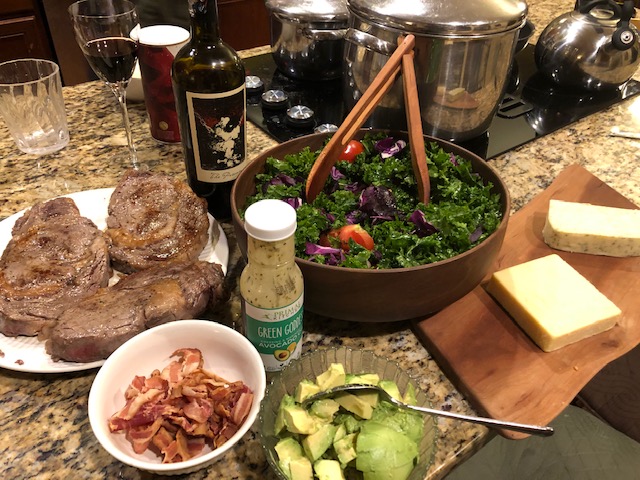
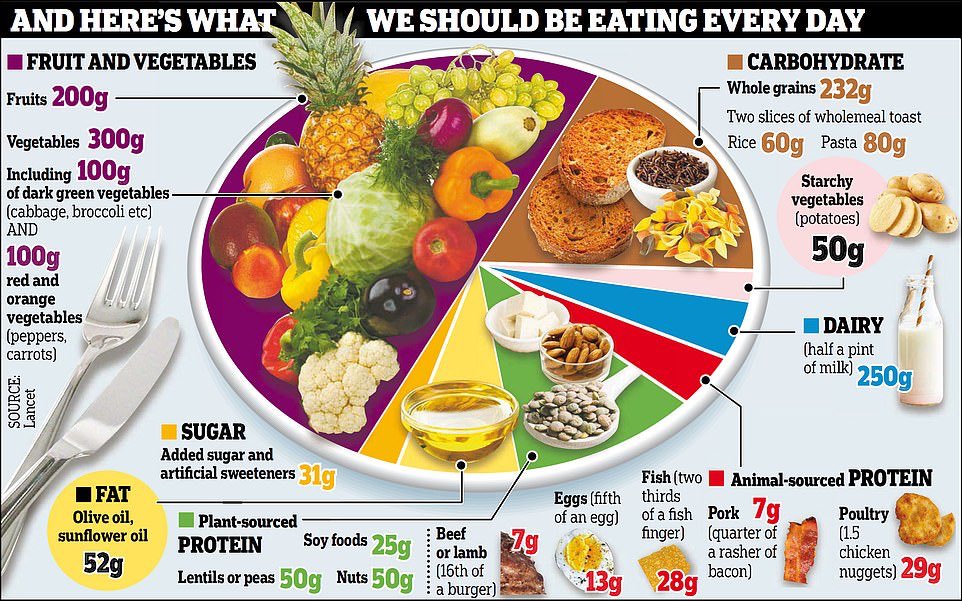
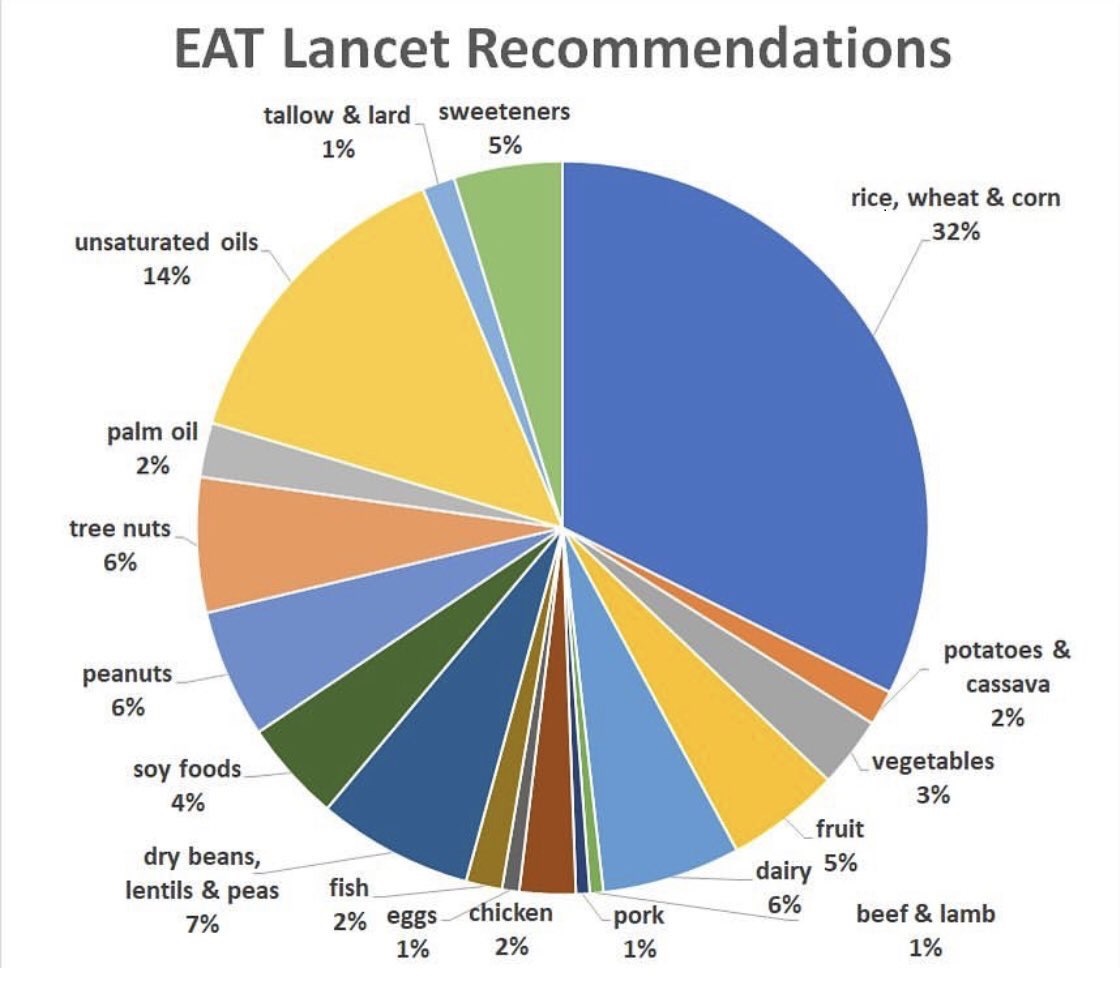
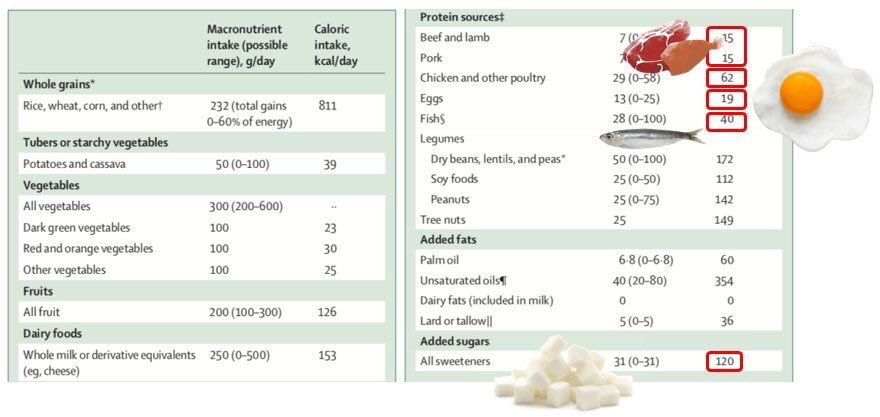
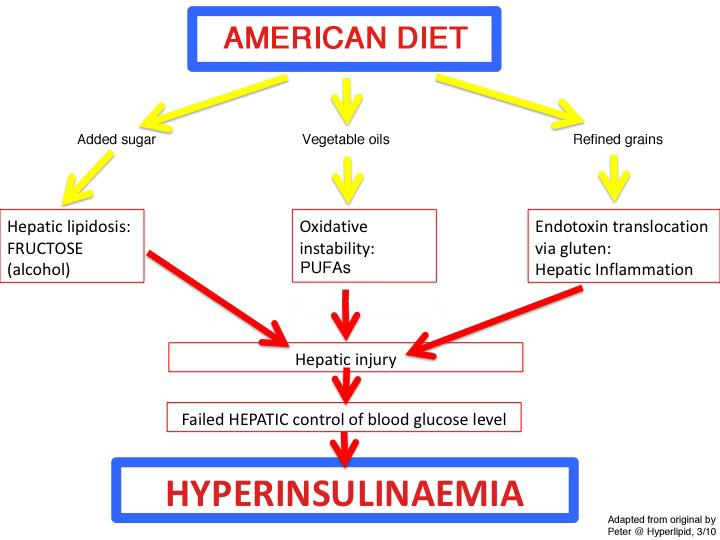

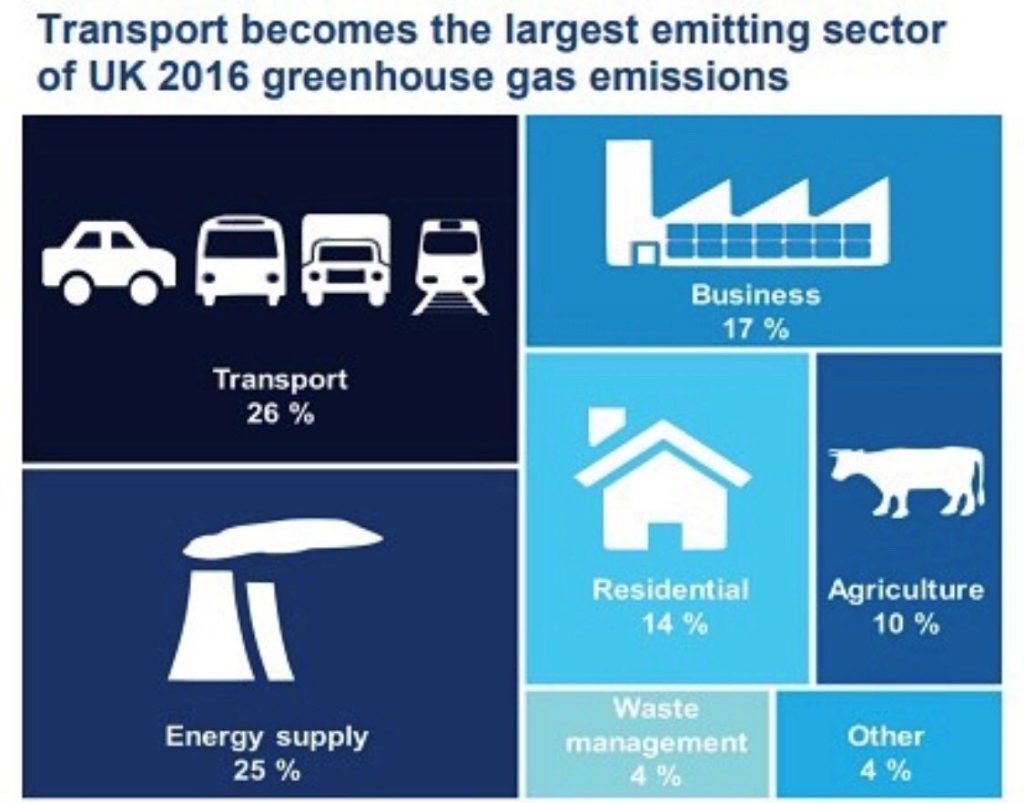
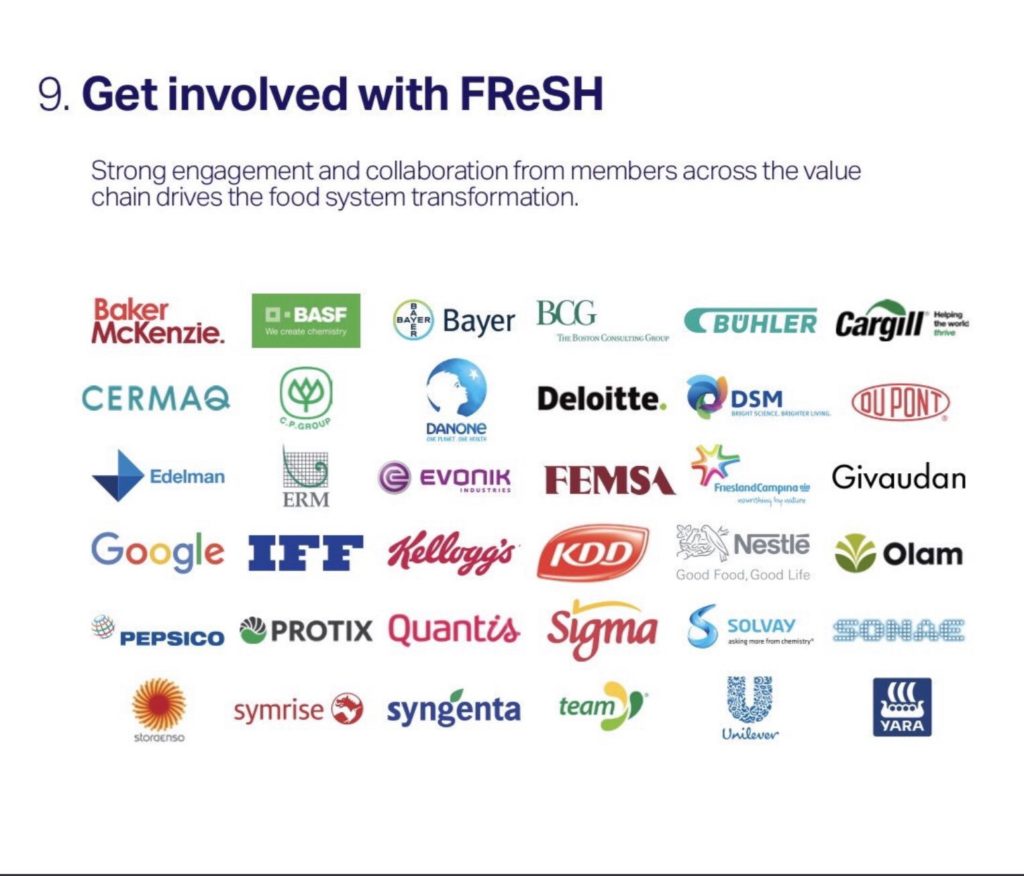
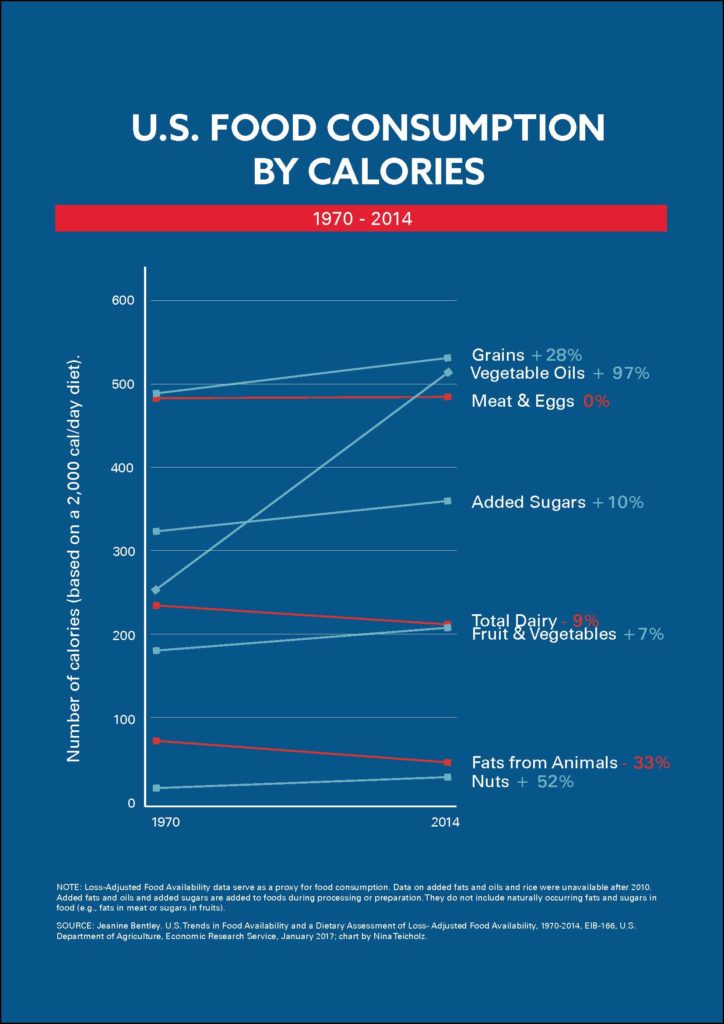
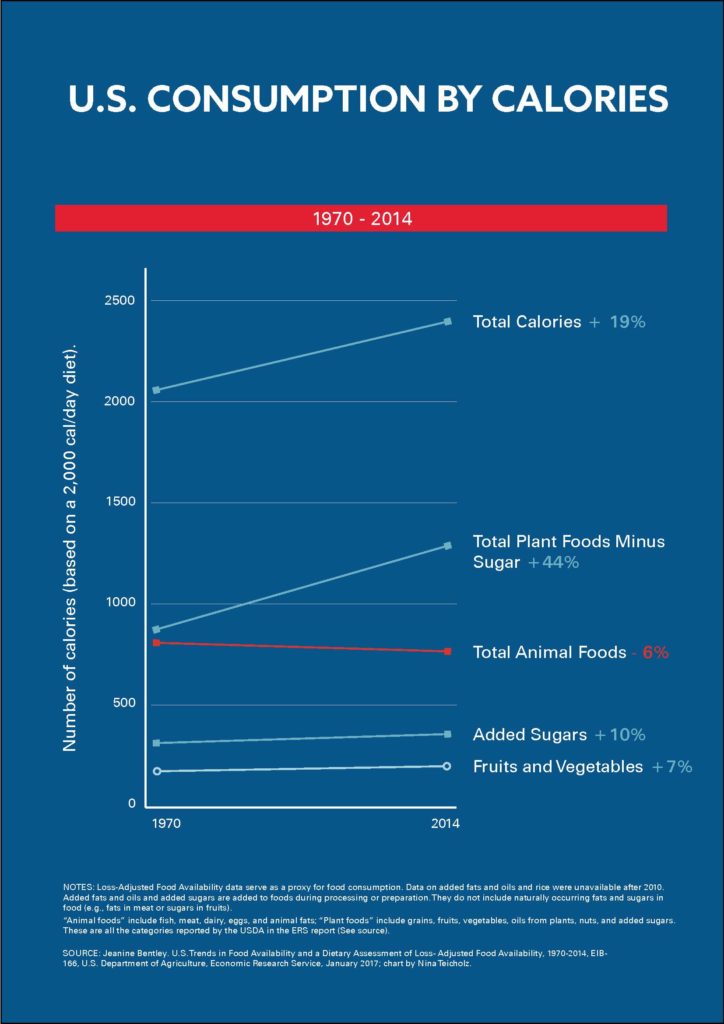
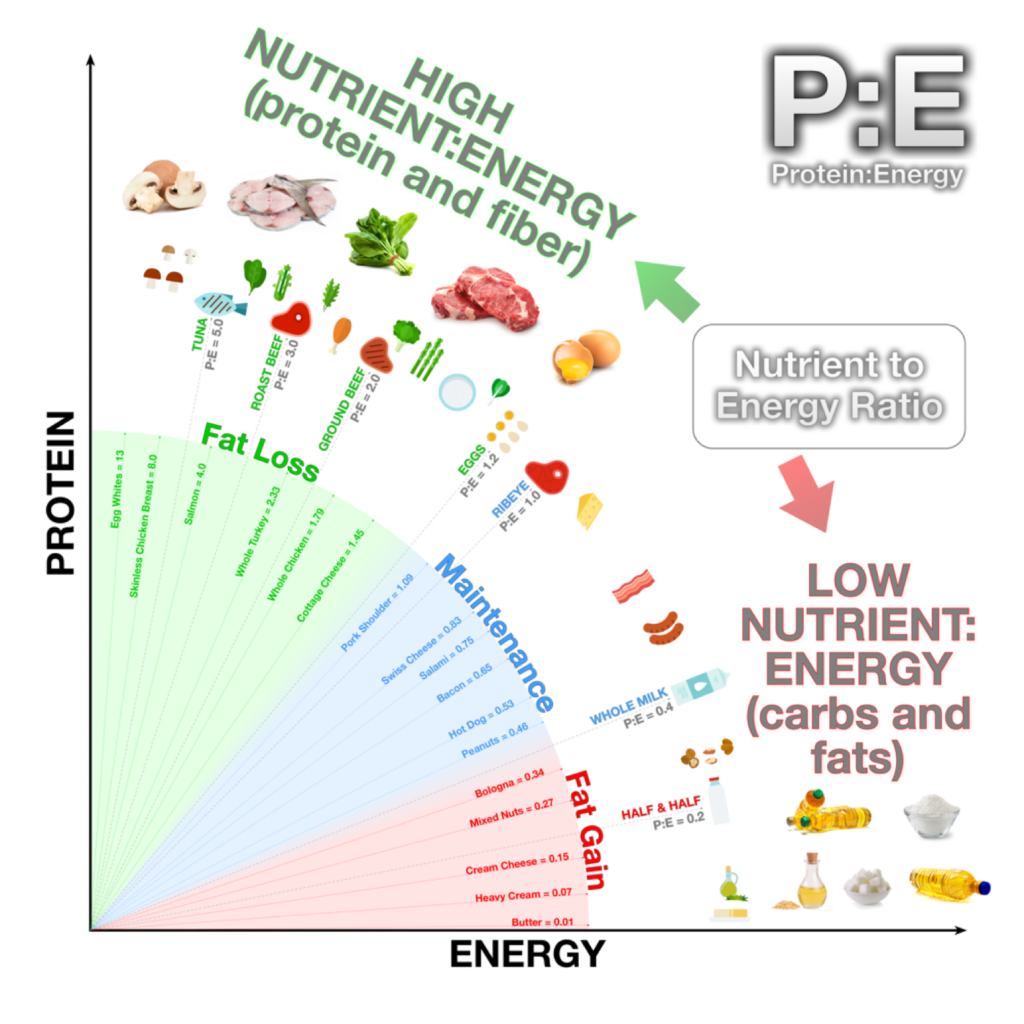
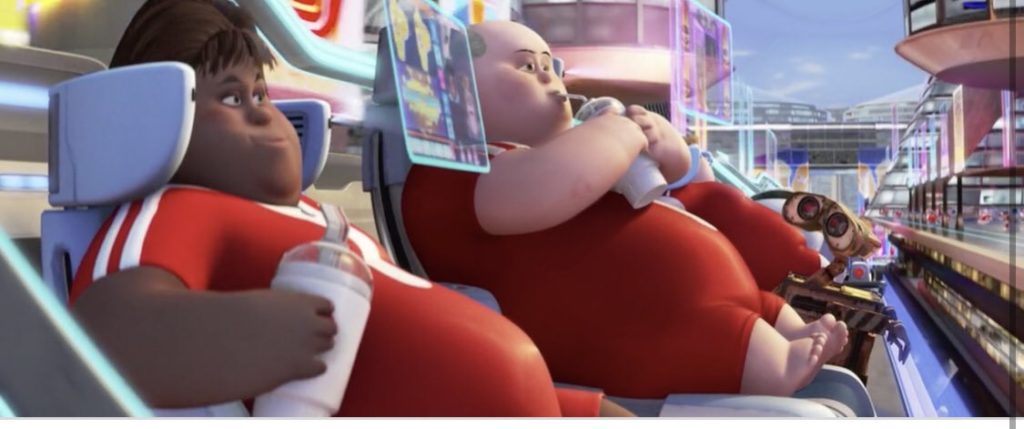
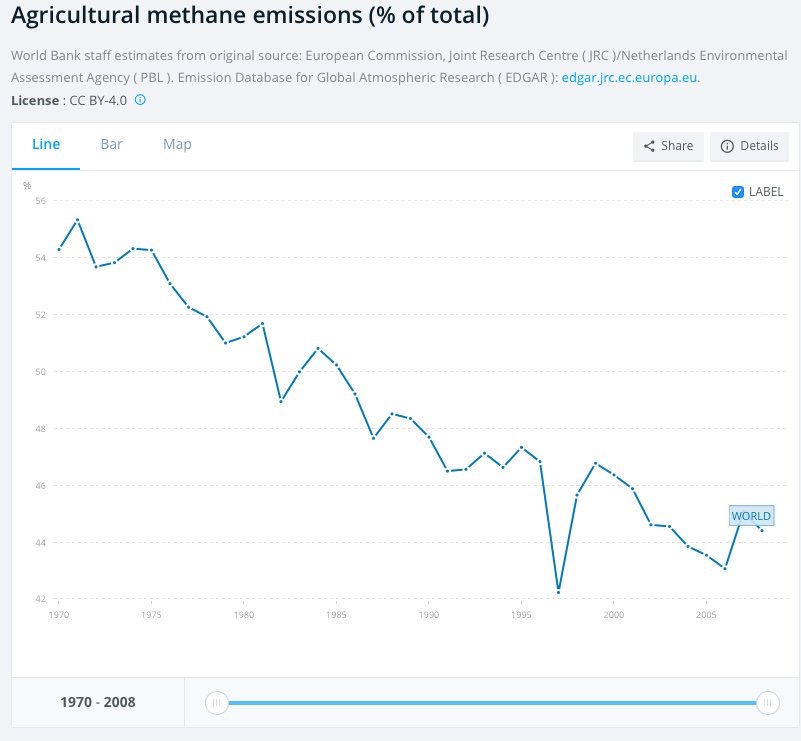
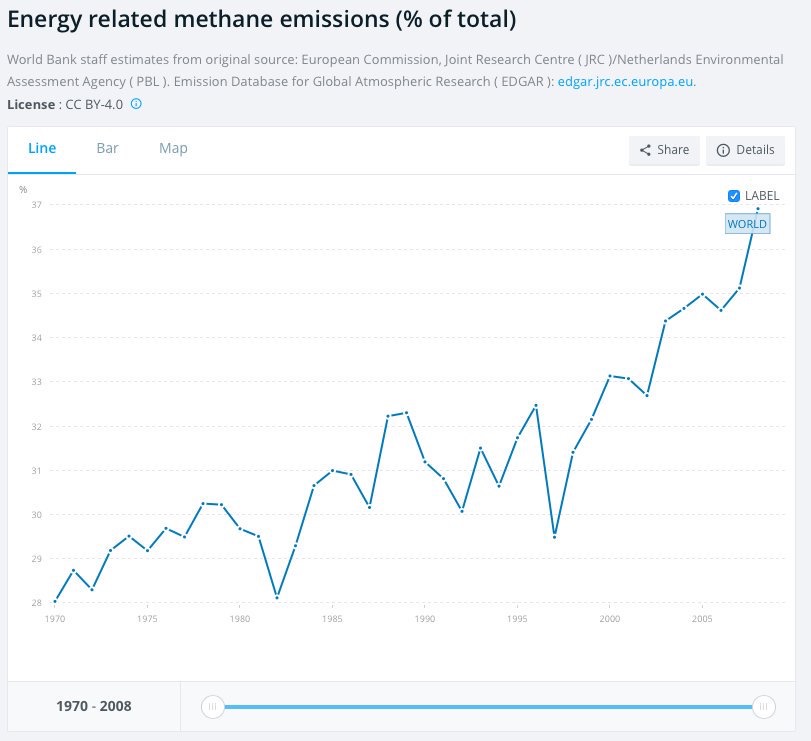
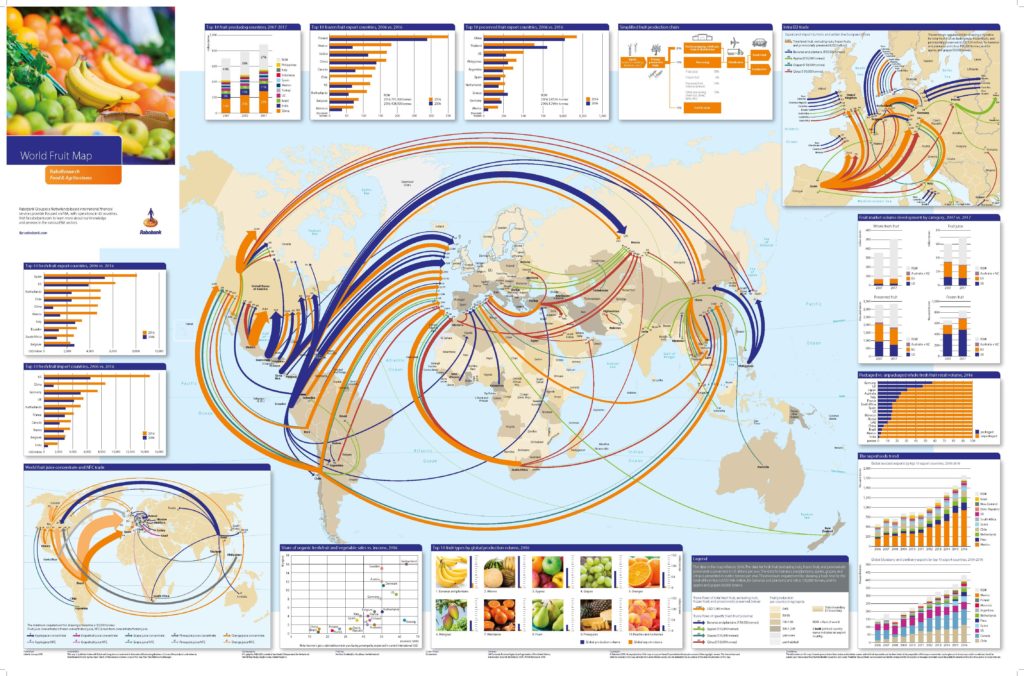
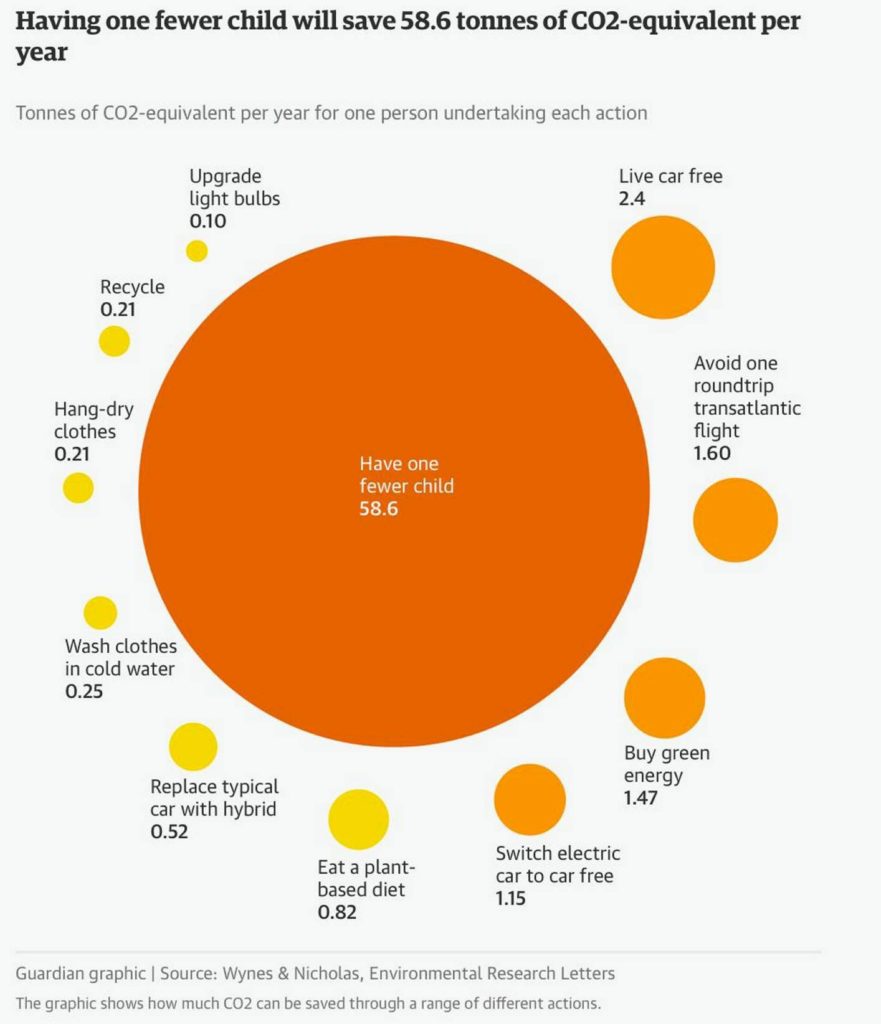

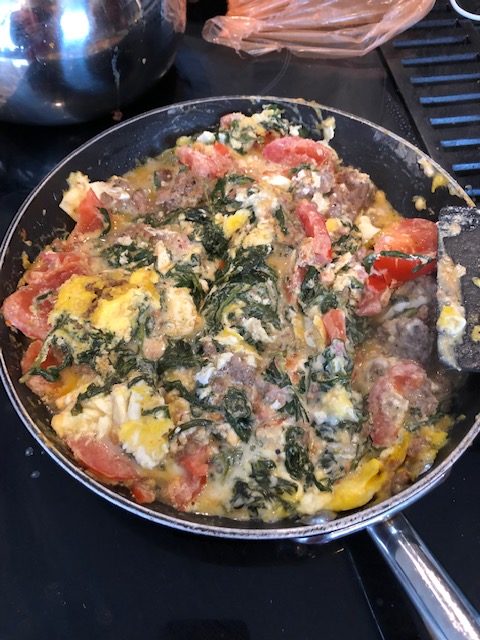

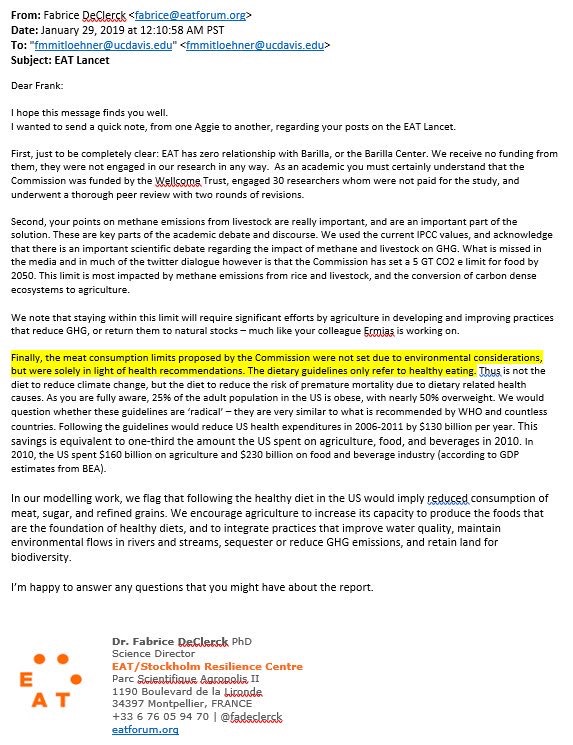
Fabulous summary, thanks!
Great article. Thank you.
Great very important article, thank you